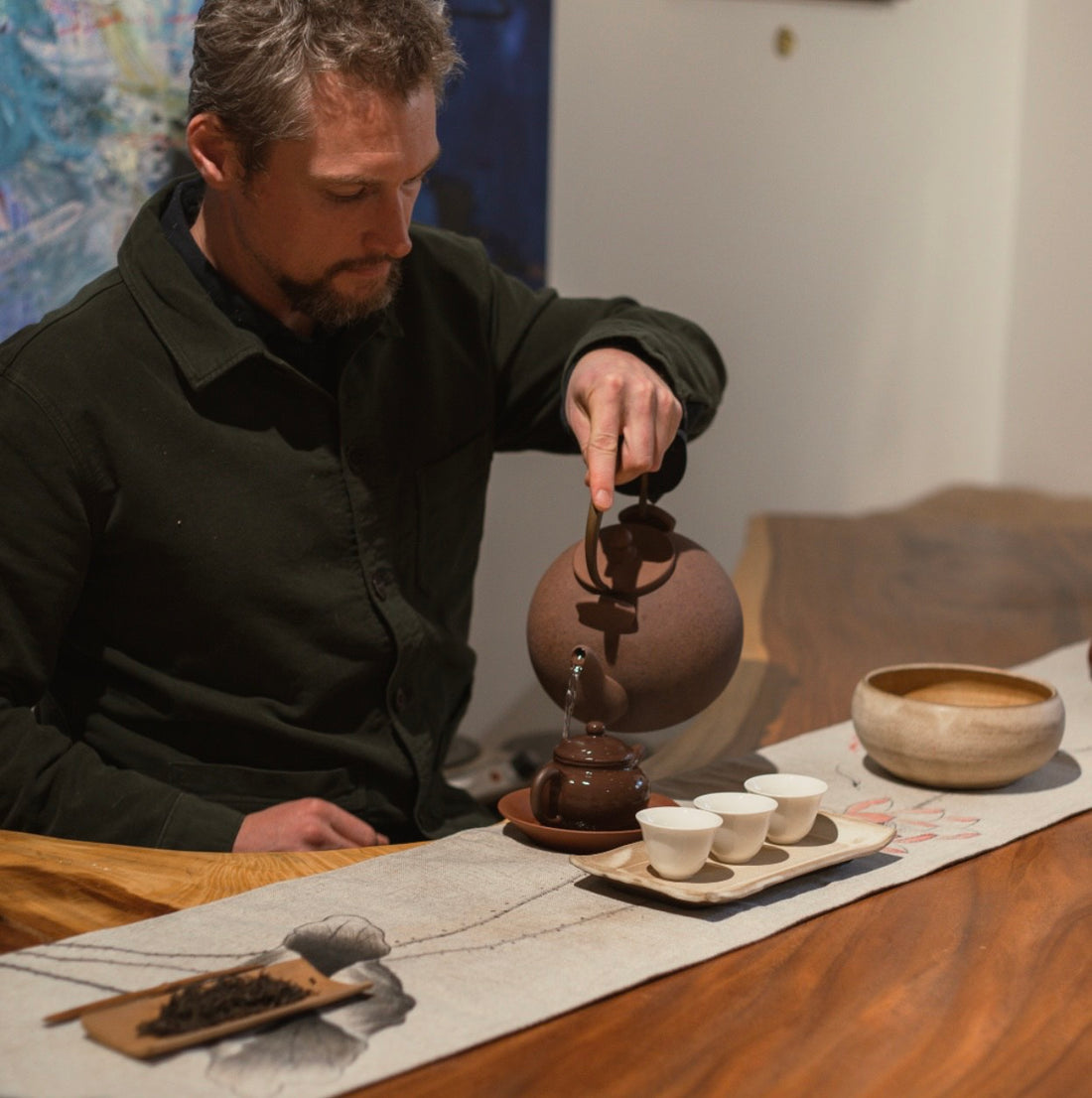In our fast-paced and chaotic world, finding moments of stillness and tranquility is essential for our well-being. Tea meditation, a practice rooted in ancient traditions, offers a pathway to cultivate mindfulness, relaxation, and a deeper connection with oneself. In this blog post, we explore the art of tea meditation, guiding you on a journey to discover the profound benefits this practice can bring to your life.
Understanding Tea Meditation:
Tea meditation, also known as mindful tea drinking or tea mindfulness, is a practice that combines the ritual of tea preparation with mindfulness techniques. Originating from Zen Buddhism and other tea cultures like the Chinese tea ceremony, tea meditation invites us to slow down, engage our senses, and be fully present in the moment.
The Practice:
-
Choose Your Tea: Begin by selecting a tea that resonates with you. It could be any variety of loose leaf tea—green, black, herbal, or oolong—whichever you find most appealing. Opt for high-quality tea leaves for a more immersive experience.
-
Prepare Mindfully: Find a quiet and comfortable space where you can focus without distractions. As you prepare the tea, engage in each step with intention and awareness. Observe the sound of boiling water, the aroma of the tea leaves, and the warmth of the teacup in your hands.
-
Practice Mindful Brewing: Pay close attention to each step of the brewing process. Watch as the tea leaves unfurl in the water, releasing their flavors and aromas. Notice the colors, textures, and movements as you pour the water and infuse the tea.
-
Engage Your Senses: Once the tea is ready, take a moment to appreciate its appearance, inhale the captivating aroma, and feel the warmth of the cup against your palms. Immerse yourself fully in the sensory experience, letting go of any other thoughts or distractions.
-
Savor Each Sip: As you take your first sip, focus on the taste, texture, and temperature of the tea. Allow the flavors to unfold on your palate, and savor each sip mindfully. Be fully present in the experience, observing the sensations and thoughts that arise without judgment.
-
Cultivate Awareness: Throughout the tea meditation, cultivate a sense of mindfulness and awareness. If your mind wanders, gently bring your attention back to the present moment—the aroma, the taste, the sensations. Embrace the stillness and allow yourself to fully experience the beauty of the tea.
Benefits of Tea Meditation:
-
Cultivates Mindfulness: Tea meditation offers a gateway to mindfulness, helping you develop a heightened awareness of the present moment. By focusing on the sensory experience of tea, you learn to be fully present, fostering a sense of peace and tranquility.
-
Promotes Relaxation and Stress Reduction: Engaging in tea meditation can induce a state of relaxation, reducing stress and anxiety. The gentle ritual and the act of savoring each sip can create a meditative space, allowing you to let go of worries and find inner calm.
-
Enhances Mind-Body Connection: Tea meditation encourages a deeper connection between the mind and body. By tuning into the sensations and observing the subtle changes within yourself, you foster a greater understanding of your own well-being.
-
Stimulates the Senses: The practice of tea meditation engages the senses, heightening your appreciation for the present moment. The aromas, flavors, and textures of tea become an avenue for exploration, bringing you closer to the beauty of the sensory experience.
-
Encourages Self-Reflection: Tea meditation provides an opportunity for self-reflection and introspection. As you create a mindful space for yourself, you can explore your thoughts

